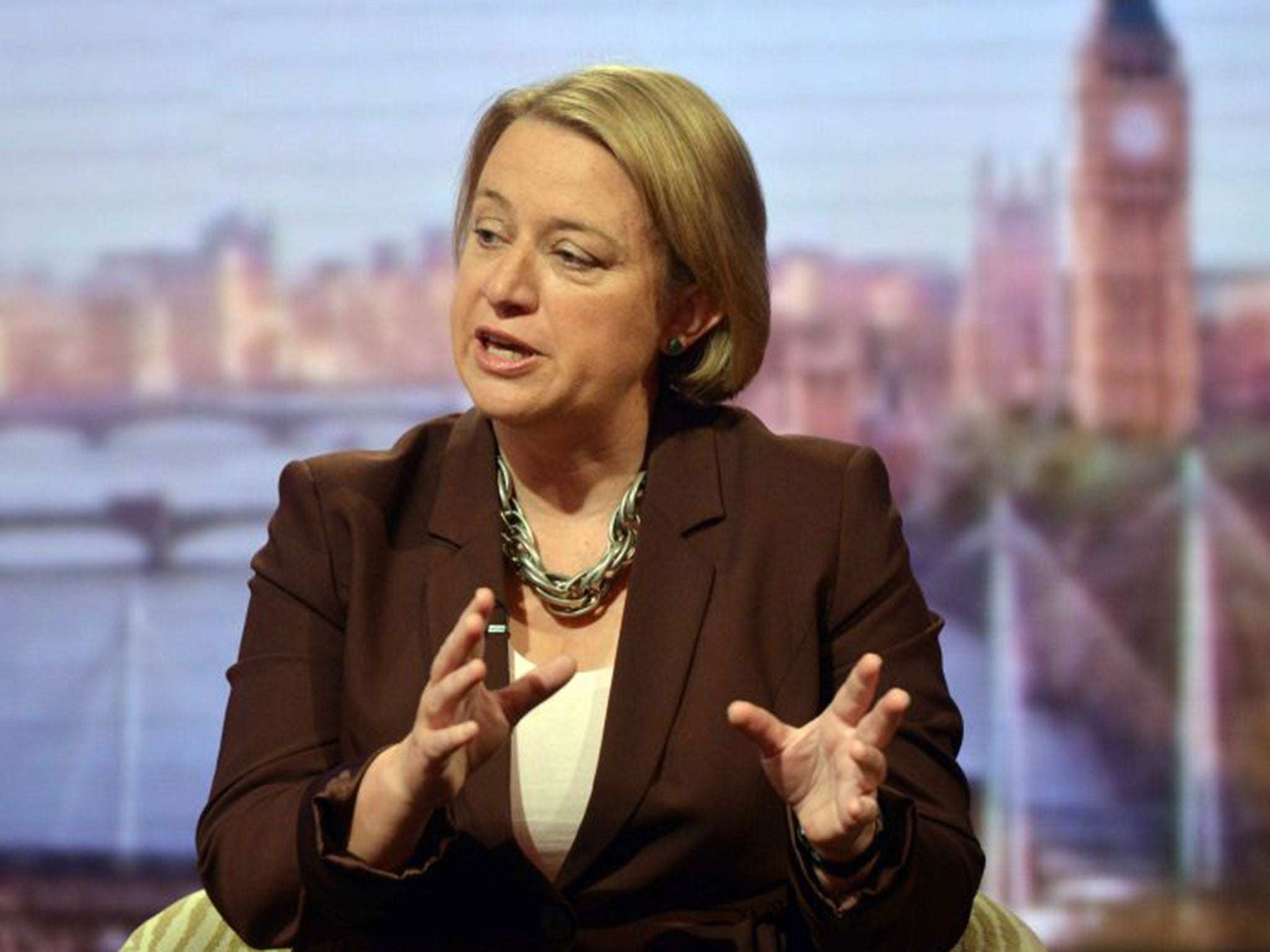Enough stealth success for the Greens, let’s get visible
No wonder more than 60 per cent opted out of this stale game and decided to stay home


Your support helps us to tell the story
From reproductive rights to climate change to Big Tech, The Independent is on the ground when the story is developing. Whether it's investigating the financials of Elon Musk's pro-Trump PAC or producing our latest documentary, 'The A Word', which shines a light on the American women fighting for reproductive rights, we know how important it is to parse out the facts from the messaging.
At such a critical moment in US history, we need reporters on the ground. Your donation allows us to keep sending journalists to speak to both sides of the story.
The Independent is trusted by Americans across the entire political spectrum. And unlike many other quality news outlets, we choose not to lock Americans out of our reporting and analysis with paywalls. We believe quality journalism should be available to everyone, paid for by those who can afford it.
Your support makes all the difference.As the post-mortem for last month’s elections hits its stride, many voters have commented that the Green Party got far more votes per minute of television time than any other major party.
And that lack of balance has continued in the reporting of the European poll. That the Lib Dems were pushed into fifth place, and into crisis, has been widely reported, but there’s a lacuna above that, in fourth place. Yes, that was where the Green Party finished, increasing its number of MEPs from the two we’ve held since the vote went proportional in 1999, to three, with the election of Molly Scott Cato in the South West.
More than 1.2 million voters chose the Green Party in this election, and the Green Party is now the official opposition on councils from Liverpool to Solihull, Islington to Lewisham, and represented on seven new councils.
Those voters had to do more “work” than those voting for other parties to learn about us – and we had to work, with shoe-leather and social media – to reach them, with little access to traditional media channels.
That fact drew a response from a wide range of commentators, from Louise Mensch on Twitter, to Brighton resident Portia Cocks, who launched a petition that has garnered more than 38,000 signatures, calling on the BBC to offer fairer coverage.
But that raises a much broader question about the quality of our political coverage. Not only do we see the same old faces presenting and answering questions, but we hear the same questions, again and again.
Is it any wonder that more than 60 per cent of voters decided to opt out of this seemingly stale game and stay at home? There were critically important issues to be debated in this election: the disastrous proposed EU-US free trade deal; the importance of strong renewables and energy efficiency targets; the very nature of the EU and the need to reform it to make it work democratically for the people of Europe rather than in the interests of big corporations.
For the local elections, where was the media debate about the massive impacts of national government austerity, and the multiplying impact of populist promises to freeze council tax on essential services?
That’s one more reason why the Green Party needs to be represented on programmes ranging from Question Time to local radio: we raise these issues, we try to engage in policy debate, and on issues ranging from re-nationalising the railways to wind farms, from maintaining a publicly owned NHS to making the minimum wage a living wage, we represent majority public opinion.
Not only are voters failing to get the chance to hear a representative range of views, they’re failing to hear their own views represented.
The writer is the leader of the Green party
Twitter: @natalieben
Join our commenting forum
Join thought-provoking conversations, follow other Independent readers and see their replies
Comments